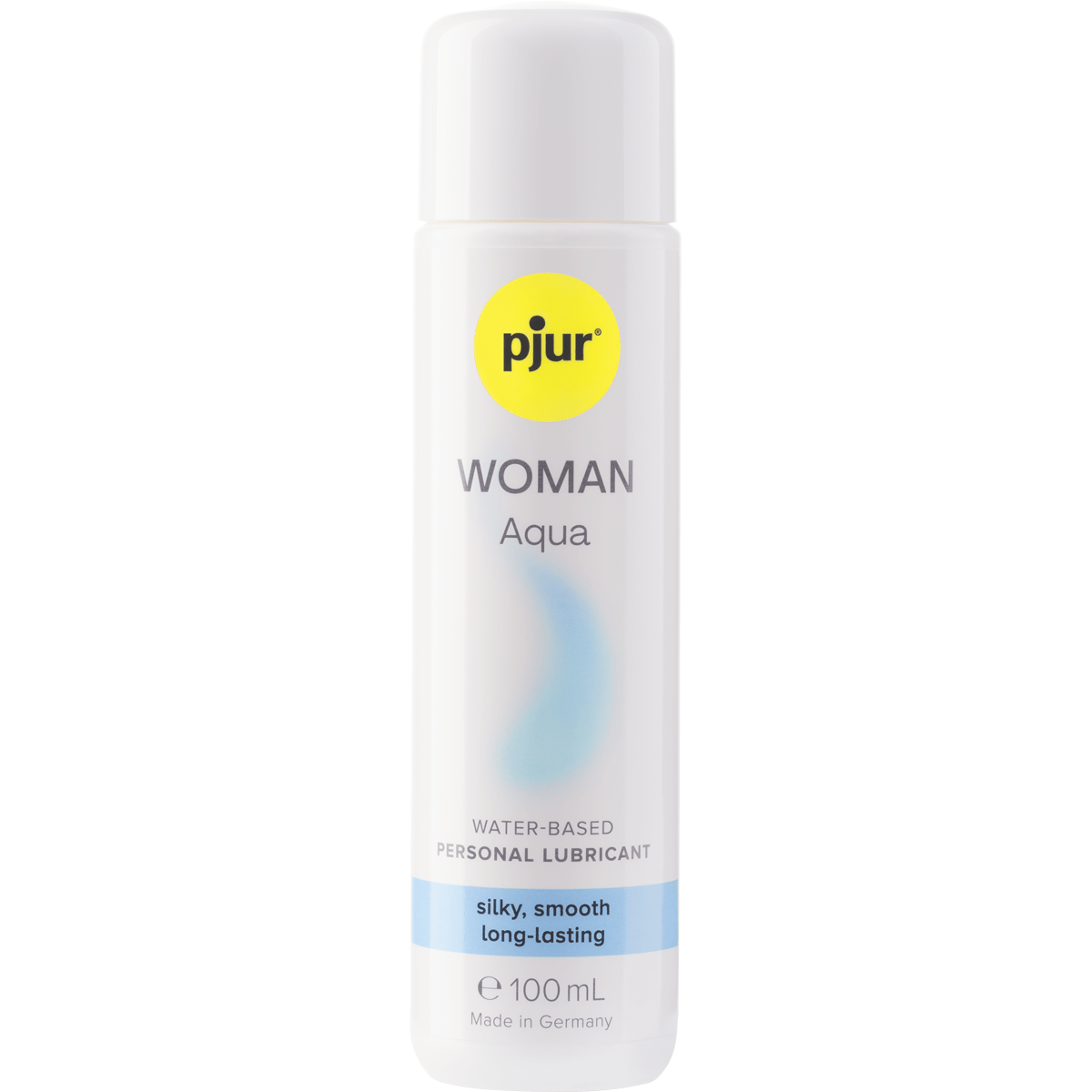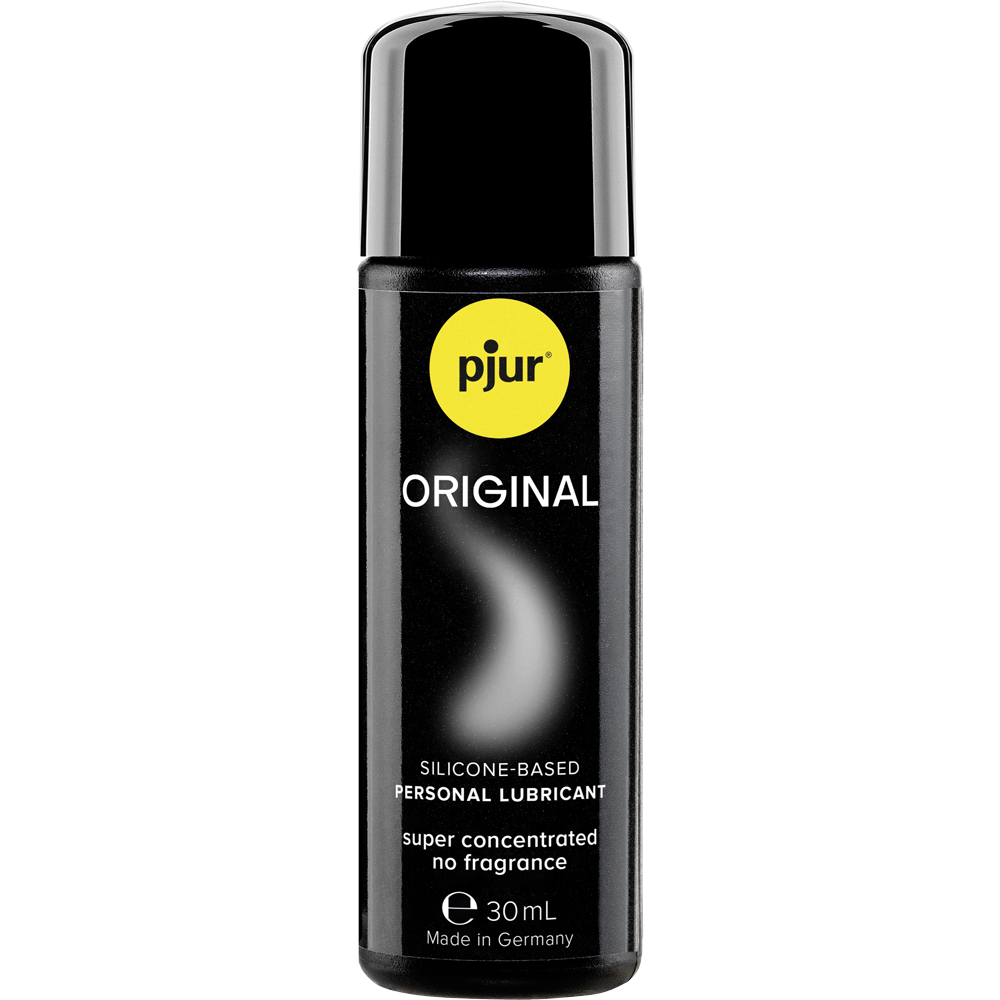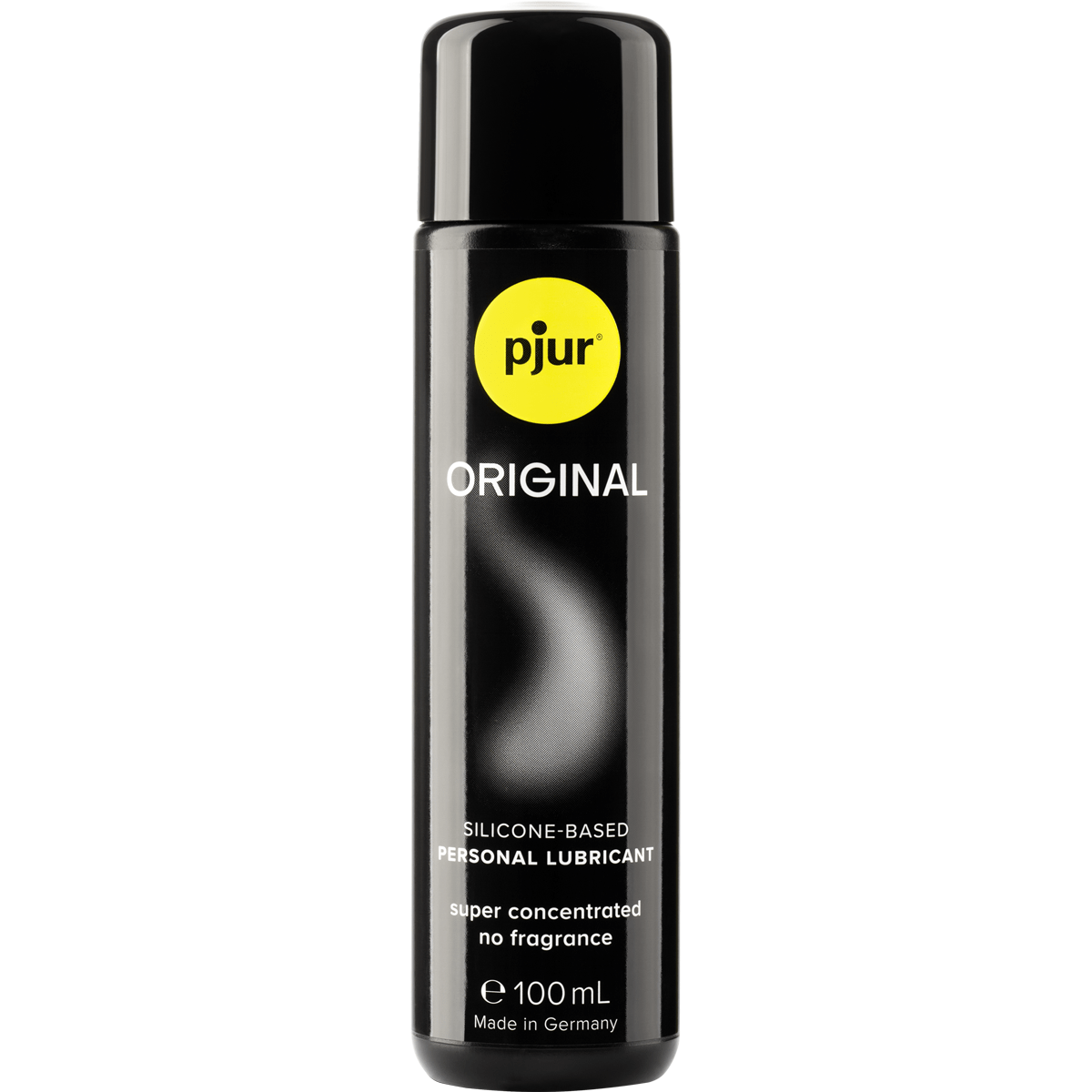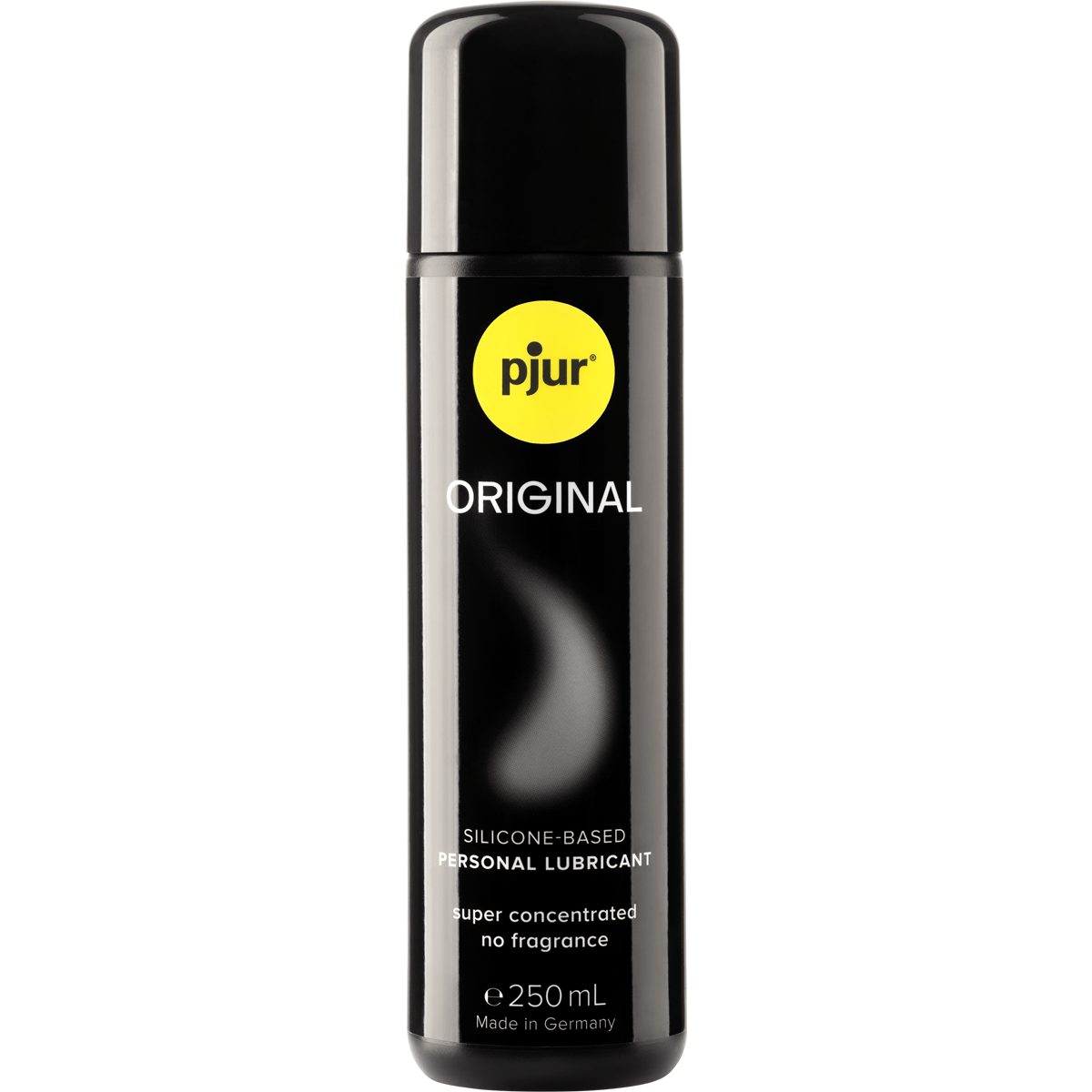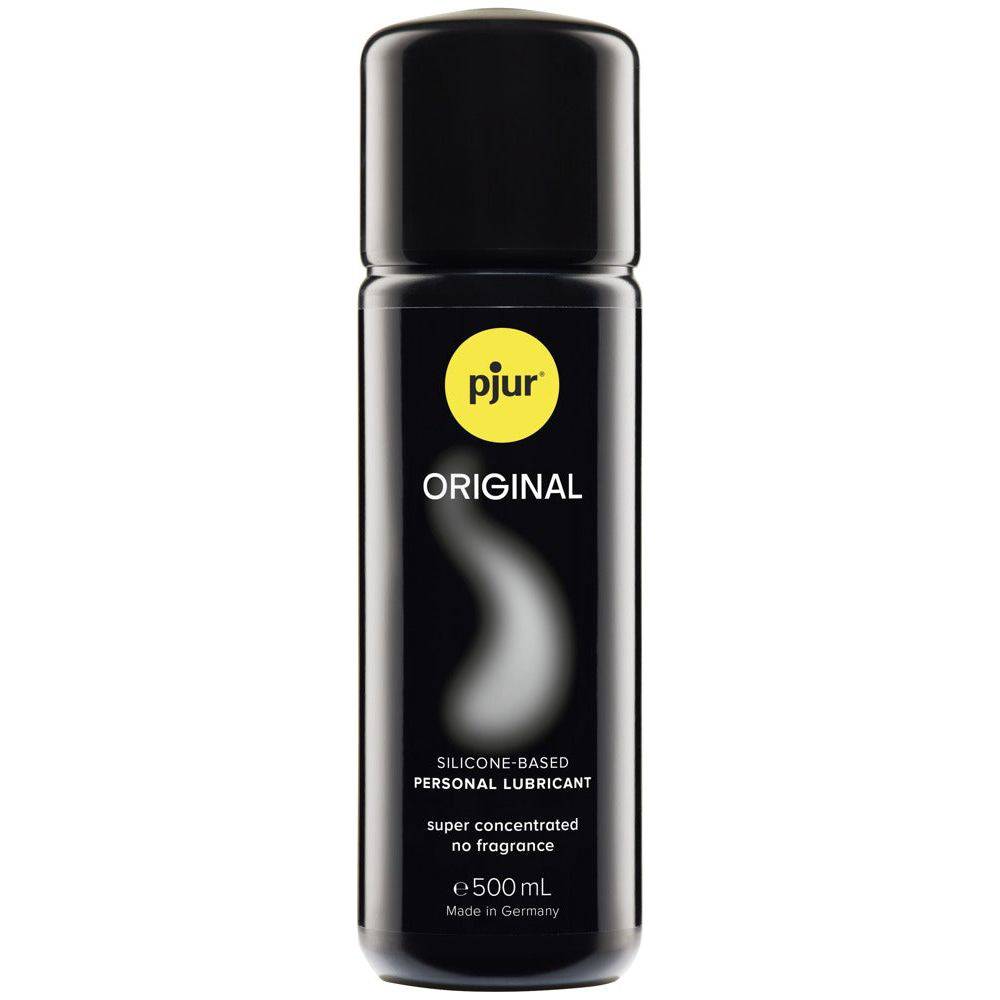Contraception and Oral Sex Hygiene: A Comprehensive Guide
Oral sex is an intimate form of sexual activity that is often considered less risky than vaginal or anal intercourse. Nevertheless, contraception and hygiene during oral sex are important aspects for reducing the risk of sexually transmitted infections (STIs) and protecting overall health. In this article, we'll discuss contraception methods and hygiene measures during oral sex in detail and explain why both are so important.
1. Why contraception is important during oral sex
Many people underestimate the risks associated with oral sex. While the risk of causing pregnancy through this method is very low, sexually transmitted infections (STIs) can also be transmitted through oral sex. These include:
- Human papillomavirus (HPV)
- Herpes
- gonorrhea
- syphilis
- HIV (rare, but possible)
The use of protective methods can significantly reduce the risk of transmission of these infections.
2. Contraceptive methods during oral sex
1. Condoms
Condoms provide effective protection against STIs and are one of the best methods of contraception during oral sex, especially penile contact. They prevent direct contact with bodily fluids, thus reducing the risk of transmission of viruses and bacteria.
- Latex condoms : The most common type. They provide reliable protection against many STIs.
- Latex-free condoms : A good alternative for people with latex allergies, they are usually made of polyurethane or polyisoprene. They offer the same level of protection as latex condoms.
- Flavored condoms : Specially designed for oral sex, they have pleasant flavors that mask the taste of latex.
Flavored gels can also be used to mask the taste of regular condoms. However, it's important to ensure they're compatible and won't damage the condom material.
2. Dental dams
For oral sex on the vulva or anus, dental dams offer effective protection. These thin, rectangular pieces of latex or polyurethane are placed over the genital area to prevent direct contact.
- Use : Simply place it over the vulva or anus and ensure it doesn't shift during oral sex. They are also available in various versions, including latex and latex-free.
- Flavored versions : Like condoms, there are also flavored dental dams that can make the experience more enjoyable.
3. Gloves
While gloves are less common during oral sex, they can be used during simultaneous manual contact, especially if there are small cuts or open wounds on the hands. They provide an additional protective barrier. They don't have to be regular latex gloves either. There are gloves designed for finger play, such as our products here.
3. Hygiene during oral sex
Good hygiene before and after oral sex is crucial to minimize the risk of infection and ensure a clean feeling. Here are some important hygiene tips:
1. Oral hygiene
Thorough oral hygiene is essential to prevent bacteria and infections. Especially after waking up, you carry countless bacteria in your mouth, which you don't necessarily want to pass on to your intimate partner. Even minor wounds or gum problems can be entry points for pathogens.
- Brushing and flossing : Regular brushing and flossing are important, but should be avoided immediately before oral sex, as minor injuries in the mouth increase the risk of infection.
- Mouthwash : Using antiseptic mouthwash can help kill bacteria and keep your mouth clean.
2. Genital hygiene
Thoroughly cleaning the genitals before oral sex helps remove bacteria and dirt that might otherwise enter the mouth.
- Washing with water and mild soap substitute : Use warm water and a pH-neutral, gentle soap to clean the intimate area.
- Avoid strong shower gels : Strongly perfumed products or aggressive cleaning agents can irritate sensitive skin in the intimate area or promote infections by changing the pH value.
3. After oral sex
It is advisable to rinse your mouth after oral sex to remove any residual bodily fluids or bacteria. This is especially important if no contraceptive method was used.
- Mouthwash : Use an alcohol-free mouthwash to gently cleanse your mouth.
- Brushing your teeth : Wait 30 minutes before brushing your teeth to minimize the risk of oral injuries.
4. What to do if symptoms occur?
If symptoms such as redness, swelling, pain, or unusual changes in the mouth or genital area occur after oral sex, you should consult a doctor immediately. Early treatment can prevent serious health consequences.
- Signs of STIs : Pain, sores, unusual discharge, or ulcers in the mouth or genital area should be taken seriously and medically investigated.
5. Myth: "Oral sex is safer"
Although the risk of HIV transmission through oral sex is lower than with other sexual activities, many STIs can still be transmitted. "Safe" oral sex is only possible if the contraceptive methods listed above are used. Find out what works for you and organize everything so that you feel safe and sexy.
Conclusion: Protect yourself and your partner
Contraception and hygiene during oral sex are just as important as with other forms of sexual intercourse. The use of condoms, dental dams, and other methods of protection significantly reduces the risk of sexually transmitted infections. Furthermore, good hygiene before and after oral sex helps maintain health and ensure a pleasant, safe experience.
By taking proper contraception and hygiene measures, you can not only minimize the risk of STIs but also ensure that both you and your partner have a safe and healthy sexual relationship.


